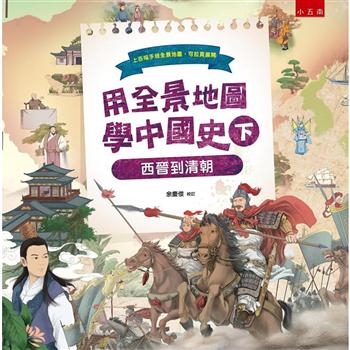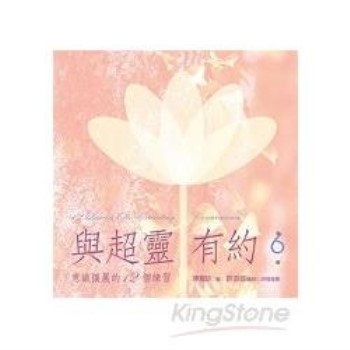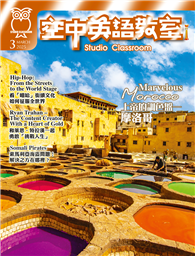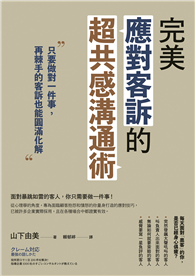This authoritative study considers contemporary policies for the arts in France and the cultural and political issues they have raised. The author concentrates particularly on the seminal Mitterrand years but also disentangles the various influences which marked them. Analyzing the role of the ever more powerful Ministry of Culture, he traces the gradual shift from the democratization of high culture, adopted as a quasi-religious crusade during the De Gaulle era, to the aesthetic relativism and 'fun' culture which became the trademark of the department during the 1980s and 1990s. He also examines wider debates about the relationship between culture, society and the state.
| FindBook |
|
有 1 項符合
Looseley的圖書 |
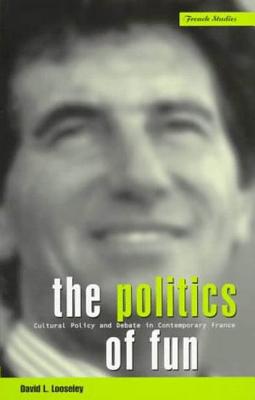 |
$ 1898 | The Politics of Fun: Cultural Policy and Debate in Contemporary France
作者:Looseley 出版社:Berg Publishers 出版日期:1997-05-01 語言:英文 規格:平裝 / 256頁 / 22.1 x 15.5 x 1.5 cm / 普通級  看圖書介紹 看圖書介紹
|
|
|
圖書介紹 - 資料來源:博客來 評分:
圖書名稱:The Politics of Fun: Cultural Policy and Debate in Contemporary France
|
